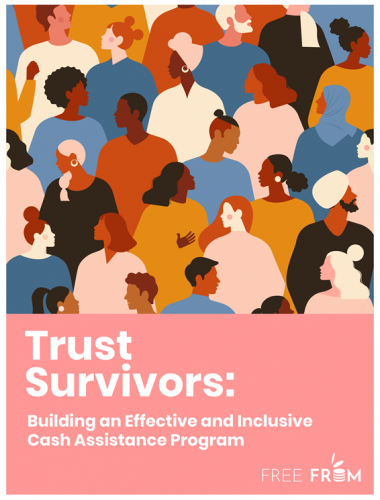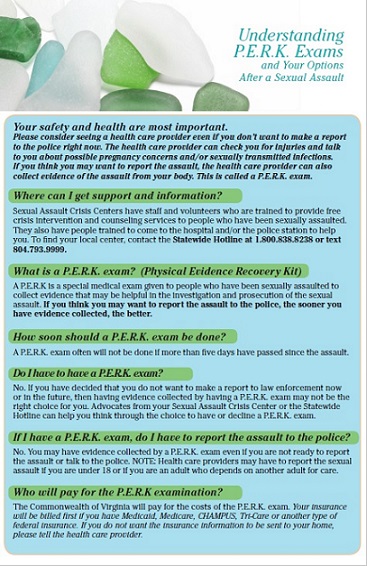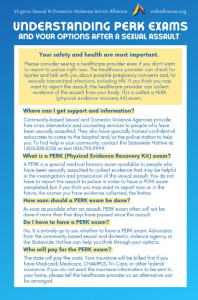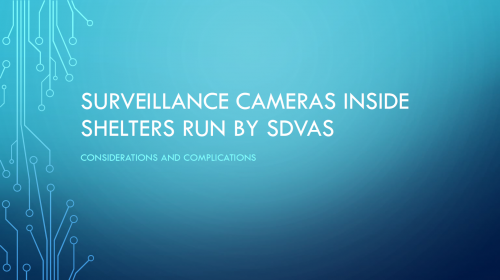Resources Library: Advocates
Start a Search:
Trust Survivors: Building an Effective and Inclusive Cash Assistance Program

FreeFrom, a national organization, based in Los Angeles, with a mission to dismantle the nexus between intimate partner violence and financial insecurity, has created their groundbreaking report that compiles data and stories from 1,000 surviors about how to make cash assistance work for them.
The Biden-Harris Administration has pledged $5 billion to be used as direct cash assistance for survivors. At FreeFrom, they are thrilled about this promise as it is known from experience that survivors’ #1 need is cash to spend as they see fit.
To help the Biden-Harris Administration design a survivor-centered program, FreeFrom asked an incredibly diverse sample of survivors what they need and overwhelmingly, they expressed that they need a program steeped in flexibility and trust.
Some key takeaways from the data:
- 71% of survivors were not seeking support from a domestic violence or sexual assault organization when they applied for a Safety Fund grant;
- 53% of survivors report that they do not have any “proof” that they are a survivor (e.g., police report or restraining / protective order);
- 68% of survivors can’t or don’t feel safe getting a police report;
- 69% of survivors can’t or don’t feel safe getting a restraining / protective order;
- 84% of survivors would not be able to access cash assistance if they had to meet certain added eligibility requirements beyond their experience of harm.
Download the report by clicking on the file below.
Understanding P.E.R.K. Exams and Your Options After a Sexual Assault

A palm card for survivors of sexual assault that provides information on P.E.R.K. exams, including "What is a P.E.R.K.?", "Do I have to have a P.E.R.K.?", "Who will pay for the exam?", "What do I need to know if I am considering having a P.E.R.K.?"
Order brochures and other materials from the Action Alliance.
Understanding PERK Exams and Your Options After a Sexual Assault

This brochure provides information and guidance for obtaining, understanding, and tracking a PERK (Physical Evidence Recovery Kit) Exam in the state of Virginia. Included in this resource are sections on receiving support and information, what a PERK exam is and how it is performed, PERK exams and reporting to law enforcement, victims’ rights and options, and more.
Understanding Protective Orders in Virginia: What you need to know

This video, “Understanding Protective Orders in Virginia: What you need to know” is a useful resource for anyone with a family abuse protective order in Virginia. This video aims to make information about protective orders more accessible to both petitioners (individuals seeking to be protected) and respondents (individuals who the protective order is filed against). It explains definitions, conditions, and Virginia law related to protective orders in plain language and is available in English (with or without captions) Spanish.
NOTE: This video was created in July 2020 and state and federal law may have changed. The video was created as a project of the Pulaski Juvenile and Domestic Relations District Court Domestic Violence Docket with funded in part by a V-STOP award #15-M4161VA14 and #20-Q4161 VA-19 awarded to the Office of the Executive Secretary of the Supreme Court of Virginia from funds authorized by the federal Violence Against Women Act awarded to Virginia by the U.S. Department of Justice. Opinions or points of view expressed do not necessarily represent those of DCJS, OES, or the U.S. Dept. of Justice.
Click here to view the video in ENGLISH.
Click here to view the video in ENGLISH with captions.
Haga clic aquí para ver el video en español.
Use of Surveillance Cameras Inside Shelters Run by SDVAs

Across the U.S., there has been an increase in the use of video camera surveillance. Individuals are using these in their homes or just outside of the home to deter crime or monitor their homes while away. As with any technology, there are empowering uses and risks.
Recently, the National Network to End Domestic Violence (NNEDV), a partner and technical assistance provider for the Action Alliance, notified us that they have been receiving requests for information about the use of surveillance cameras inside shelter spaces. We have created some rough guidance for you based on
Virginia-specific laws (where applicable) and the experiences of Action Alliance staff to help you determine if this is the right path for your agency to take.
To view the recorded webinar, follow this link. For additional resources, see below.

